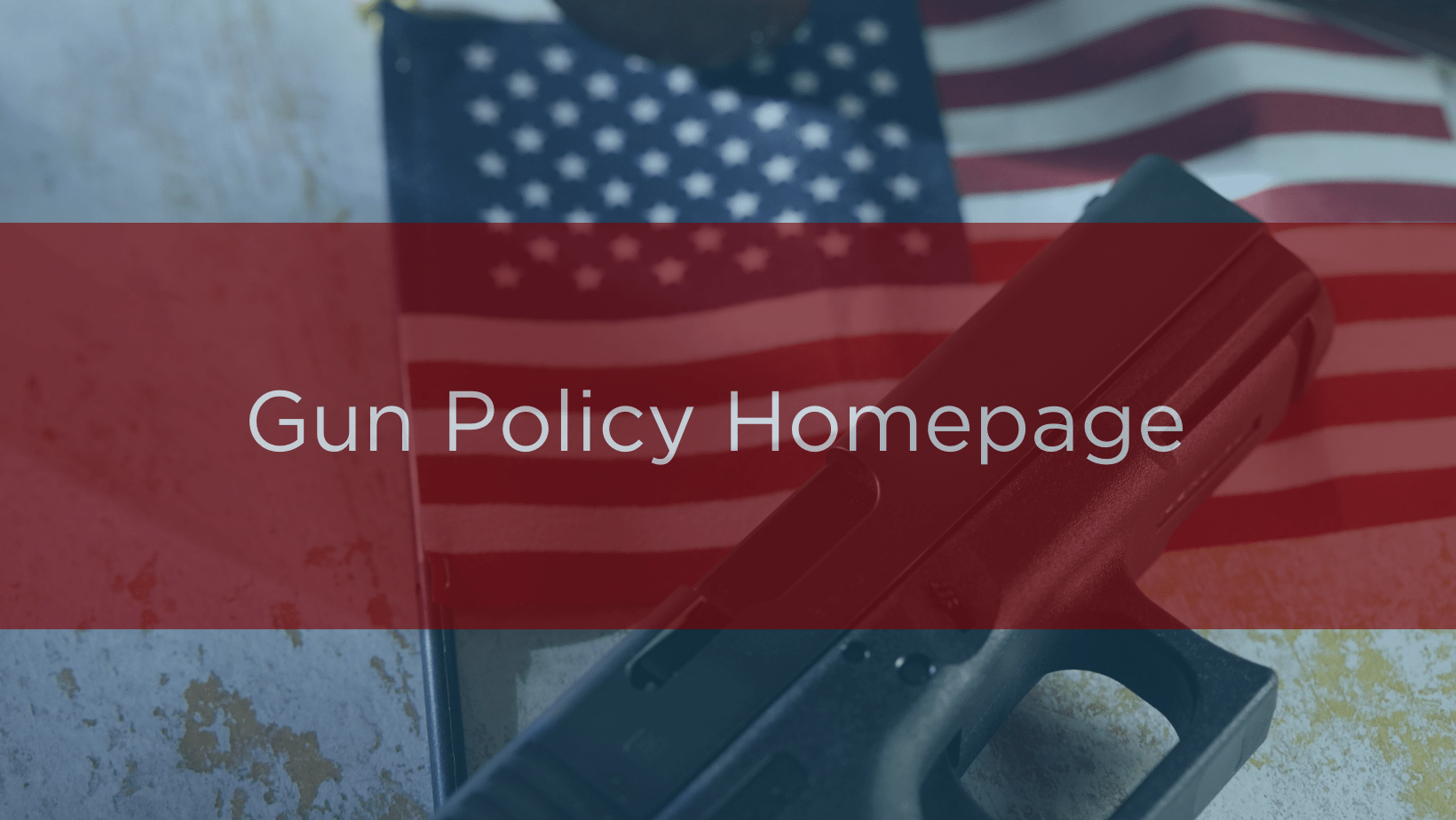Acquiring Guns in Chicago
Gun Statistics
When we talk about gun violence in Chicago, it is important to contextualize the presence and acquisition of guns. In 2021, the Bureau of Alcohol, Tobacco, and Firearms (ATF) recovered more than 19,000 guns in Illinois. Of those, more than 9,500 were recovered in Chicago.
Yet while the ATF may have recovered this many guns in Chicago, the ATF also found that in 2022, just under 50% of weapons in Chicago were purchased within the state of Illinois; the others were purchased across the border in Indiana, Wisconsin, and the South.
In a 2017 report, the University of Chicago Crime Lab found the following statistics about gun possession and purchase:
The Trace summarizes the major findings of this report here: “Nearly one in four guns picked up by city police came from just 10 stores located across Illinois and northern Indiana. The top three stores together accounted for some 2,000 crime guns.”
To buy a gun in Illinois, a person must:
- Be over the age of 21 to purchase a handgun
- Be over the age of 18 to purchase a long gun
- Have a valid Firearm Owner’s ID (FOID) card
- Have a valid driver’s license or state ID
How is Someone Eligible for a FOID Card?
According to the Illinois State Police, a person needs the following to be eligible for a FOID card:
- A valid state ID
- $10 payment
- Photo for the card
- Must be able to meet the following requirements:
-
- Not been convicted of a felony.
- Not addicted to narcotics.
- Not been a patient in a mental health facility within the past five years.
- Not intellectually disabled.
- Not an alien who is unlawfully present in the United States.
- Not subject to an existing order of protection.
- Not been convicted within the past 5 years of battery, assault, aggravated assault, violation of an order of protection, or a substantially similar offense in another jurisdiction, in which a firearm was used or possessed.
- Not been convicted of domestic battery, aggravated domestic battery, or a substantially similar offense in another jurisdiction.
- Not an alien who has been admitted to the United States under a non-immigrant visa; unless the applicant is an official representative of a foreign government or who received a waiver from the Attorney General of the United States.
- Not a minor subject to a petition filed under the Juvenile Court Act of 1987 alleging that the minor is a delinquent minor for the commission of an offense that if committed by an adult would be a felony.
- Not an adult who had been adjudicated a delinquent minor under the Juvenile Court Act of 1987 for the commission of an offense that if committed by an adult would be a felony.
- Is a resident of the State of Illinois (in most cases).
- Not a person whose mental condition is of such a nature that it poses a clear and present danger to the applicant, or any other person or the community.
- Not developmentally disabled.
- Not renounced their citizenship.
- Not dishonorably discharged from the United States Armed Forces.
- Not convicted of a misdemeanor crime of domestic violence.
What about Guns that aren’t Purchased?
While some guns are purchased legally, the ATF has regularly reported on the challenges of the unregulated market. For many, notably those with existing or prior criminal charges, the preferred way to obtain a firearm is “off-book” transactions through personal networks. Therefore, the ban may not change the dynamics for an already illegal, relationships-driven market. Given that switches are already illegal yet continue to be used in gun crimes, lawmakers and gun violence prevention advocates say the solution must also be federal, spearheaded by the Bureau of Alcohol, Tobacco, Firearms and Explosives (ATF).

